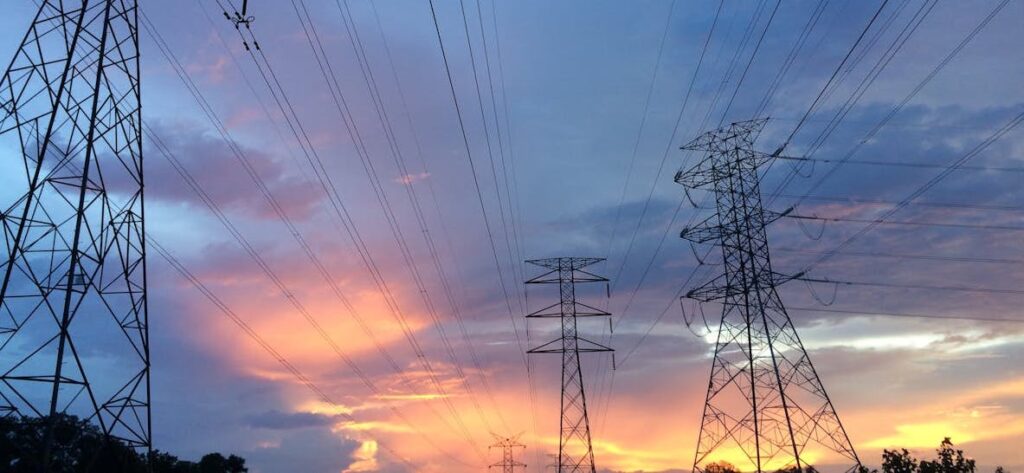Tackling the Buffering Queue
Britain’s National Energy System Operator (NESO) said it was halting. Later this month it will halt new applications to connect to the grid. This pause will allow for essential reforms. They made the announcement on Wednesday.
In November, the energy market regulator Ofgem proposed new regulations. Those are regulations targeting grid companies. Their goal is to address the renewables project backlog.” They also want energy technologies that match Britain’s future needs.
Making the Necessary Corrections
Matt Vickers is the connections reform director at NESO. He explained the pause. It begins on January 29. It will allow time for collaboration. NESO will coordinate with network firms. They will get ready for new procedures. These processes will help move needed electricity projects forward. These projects will provide carbon-free energy in 2030 and beyond.
Here’s the reason for the pause, according to NESO. Application numbers surged last year. There was simply no longer the possibility of delivering reforms alongside the current process. That took focused effort the system was used by staffers working around the clock. Focusing like this will make future connections easier.
Application Volume and Exemptions
Projects related to demand projects are still exempt from this freeze. These projects are connected directly to the national transmission network. They tend to be large industrial and commercial units. These projects will proceed as per normal.
In the 2023/24 term, NESO processed more than 1,700 applications. It shows the scale of the demand. The future requirements are outweighed by existing pipeline. It exceeds 2030 and even 2050 requirements. Reform is needed on this backlog. The stop will provide NESO time to allay this demand. It will facilitate the connection process much more efficiently. This is part of the process towards supporting Britain’s clean energy transition. This transition is a major national priority. It will facilitate the expansion of renewable energy. This will assist in the UK meeting its climate targets. The reforms will also stabilize the grid. Such stability is key to a dependable energy supply.


